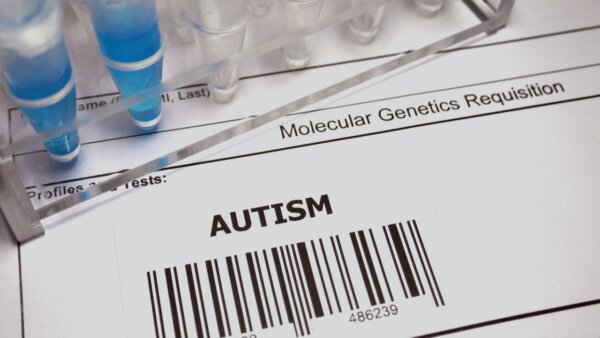Depression is a common but often overlooked condition in individuals with dementia. The overlap of symptoms between the two disorders makes it challenging to identify depression, but recognizing and managing it can greatly improve the quality of life for both the person with dementia and their caregivers. Here’s what you need to know about the relationship between depression and dementia.
1. Prevalence and Overlap of Symptoms
Depression and dementia frequently co-occur, with studies suggesting that up to 40% of individuals with dementia experience significant depressive symptoms. Both conditions share similar features, such as apathy, social withdrawal, and cognitive impairments, making it difficult to distinguish between them. However, while dementia is marked by a gradual decline in memory and thinking, depression tends to manifest more as low mood, loss of interest, and emotional distress.
2. Signs and Symptoms to Watch For
Identifying depression in someone with dementia requires close observation of behavioral changes. Some of the common signs include:
- Loss of interest in activities they used to enjoy.
- Appetite changes, either eating too much or too little.
- Irritability or agitation that is new or worsening.
- Sleep disturbances, such as insomnia or excessive sleeping.
- Increased confusion or cognitive decline beyond typical dementia progression.
Caregivers should be mindful that these symptoms might not always manifest as sadness; instead, they may appear as frustration, anxiety, or unexplained physical complaints.
3. Causes and Risk Factors
Several factors contribute to the development of depression in individuals with dementia, including:
- Neurological changes associated with dementia.
- Isolation due to cognitive decline and reduced social interaction.
- Chronic health problems and discomfort that go unnoticed or untreated.
- Frustration with memory loss and difficulties in communication.
4. Treatment Options
Addressing depression in dementia requires a combination of approaches:
- Medications: Antidepressants may be prescribed, though care is needed to avoid interactions with dementia treatments.
- Non-pharmacological therapies: Cognitive behavioral therapy (CBT), though modified for dementia, can be helpful.
- Routine and engagement: Daily structure, physical activity, and participation in meaningful activities can enhance mood.
- Caregiver support: Educating caregivers on how to respond to emotional distress can reduce both patient and caregiver stress.
5. The Role of Caregivers and Healthcare Providers
Caregivers play a crucial role in recognizing the symptoms of depression. Since individuals with dementia might struggle to express their emotions, caregivers need to monitor changes in behavior closely. Healthcare providers should conduct regular mental health screenings as part of dementia care. Early intervention can prevent the worsening of symptoms and promote better outcomes.
In Summary
Depression in individuals with dementia is both common and complex, but it is manageable with the right support and treatment. Addressing depression improves not only the emotional well-being of the person with dementia but also reduces the burden on caregivers. Timely recognition and appropriate interventions are key to fostering a better quality of life throughout the course of dementia.
This integrated approach—combining medication, therapy, structured activities, and caregiver support—offers hope in improving mental health for individuals living with dementia.


